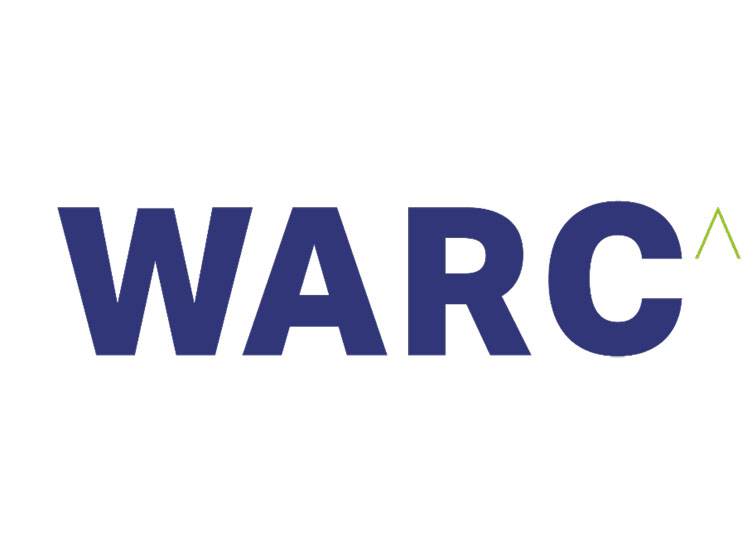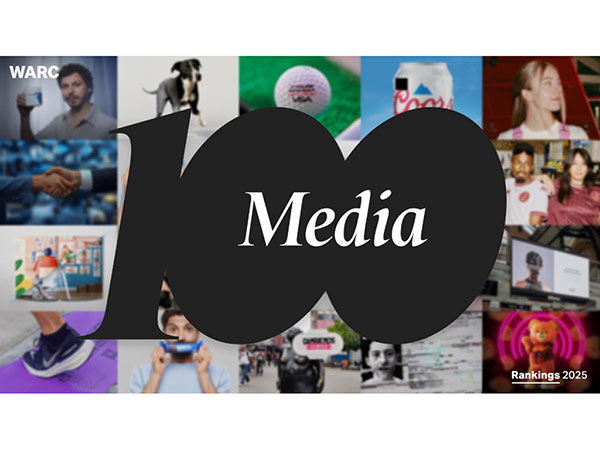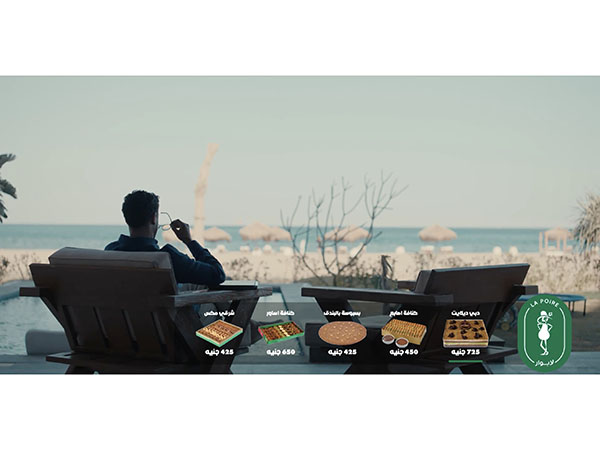News - Digital/Tech
WARC releases Guide to E-commerce and the Future of Effectiveness
August 6, 2020

The COVID-19 pandemic and subsequent country lockdowns have driven 10 years of e-commerce growth in an eight-week period, prompting a rethink of all the marketing fundamentals.
As advertisers come under pressure to deliver e-commerce sales, WARC, the global authority on marketing effectiveness, has released an evidence-based and practical report titled: 'The WARC Guide to E-commerce and the Future of Effectiveness.'
David Tiltman, VP Content, WARC, comments: "Advertising investment has shifted into shoppable and e-commerce formats, and many companies have had to develop their e-commerce strategies on the fly, breaking down previous silos to drive growth. This shift will have a profound effect on the way marketers plan their media budgets."
Lena Roland, Managing Editor, WARC Knowledge, adds: "Effective marketing in the age of e-commerce may mean new thinking in terms of some of the 'basics' - like packaging and pricing. It may mean new media choices, and new internal organisations.
"But it is also clear that brand remains key in online retail. In an age of almost limitless choice, brand recognition and trust translates into pricing power. Creative brand-building, therefore, remains key."
WARC's Guide to E-commerce covers five key themes:
1. The acceleration of e-commerce
Edge by Ascential, WARC's sister company, has revised the e-commerce growth outlook for 2020 from +22.2% to +30.4%. Brands in sectors such as FMCG are seeing rapid increases in online orders and have a growing range of options to sell through. Marketplaces such as Amazon and Alibaba have seen exceptional growth, omnichannel retailers like Walmart and Target are expanding their online offering and platforms like Shopify and Instacart have risen in prominence.
Brands that currently don't sell direct-to-consumer can partner with a combination of traditional omnichannel retailers, major online marketplaces and pure-play operators to drive e-commerce growth.
2. Marketing goes back to basics
Effectiveness in the e-commerce age requires a rethink of all the marketing fundamentals: product, place and price as well as promotion.
Brands are offering bigger packs and multi-buy options, at different price points, as they look to boost profitability out of online retail. Delivery is a new 'moment of truth' for online brands, with packaging a key touchpoint. Unboxing is a key brand opportunity to stand out.
Patrick Miller, Co-founder, Flywheel Digital, comments: "Unboxing moments are no longer just for Apple products... Today, it's even for toilet paper. How does the product arrive and what's it like to open up the product and then put it away in a pantry at home?"
Meanwhile, direct-to-consumer brands with significant first-party data are rethinking their approach to driving repeat purchases. For these brands, the concept of customer lifetime value will become more important.
3. The shift to shoppable media
E-commerce platforms like Alibaba in China and omnichannel retailers like Walmart and Target in the US are becoming advertising and media destinations in their own right. Amazon has seen record growth in the face of the COVID-19 outbreak with ad revenues rising 43.8% ($1.2bn) to $3.9bn in Q1 2020, as brands look for ad formats linked to e-commerce.
Shoppable ads are now a key trend in digital advertising, with social platforms looking to extend their reach into e-commerce via shoppable formats and storefronts within their platforms.
For brands, these trends bring e-commerce and media strategy much closer; many brands are rethinking the way their budgets are siloed to enable better investment.
Jill Baskin, Chief Marketing Officer, The Hershey Company, said: "It's been an interesting, and very quick, journey to bring all of those budgets together, and to plan them together so that we aren't overlapping each other or shingling, as we call it, one offer on top of another."
4. The dangers of short-termism
The rise of shoppable formats and e-commerce media is likely to accelerate the shift toward short-termism identified by researchers such as Les Binet and Peter Field. And that will only be compounded by recession.
Yet there is evidence that a strong brand is key to driving traffic, boosting performance of direct-response ads and maintaining price premiums online. Balance is key - it's not a question of investment in either brand or activation, but a smart blend of both.
Trust is vital in e-commerce, not just in the brand but in the entire end-to-end experience.
Simon Ingram, Global Account Director, Ecommerce and Digital Specialist, MediaCom, says: "Skew too heavily into 'lower funnel' media investment options, such as Google, Amazon Search, affiliate networks and re-targeting, at the expense of the high-reach broadcast media and your brand equity will decline rapidly, followed by a decline in your much cheaper and better-converting brand search volumes, followed by the price consumers are willing to pay for your products."
5. The rise of live streaming
COVID-19 has accelerated the growth of livestreaming e-commerce in China: a powerful combination of influencers, video, social and online selling. According to Yimian, WARC's sister company, the number of livestreaming users reached 560 million in China as of March 2020 - 62% of the country's total number of internet users.
Discount-driven and convenience-led, livestreaming is particularly suited to products that have a short decision cycle, such as food, fashion and beauty. That said, automotive and luxury brands are experimenting with livestreams, which is driving awareness and consumer engagement.
The latest phase of livestreaming puts Chinese business leaders from brands such as McDonald's and Hema centre-stage, to engage consumers and even launch new products.
Aruna Narandran, Senior Account Director, AKQA Singapore, advises: "Rather than jump on the bandwagon, the best approach is to consider how livestreaming might complement a brands core offering in the long-term."













